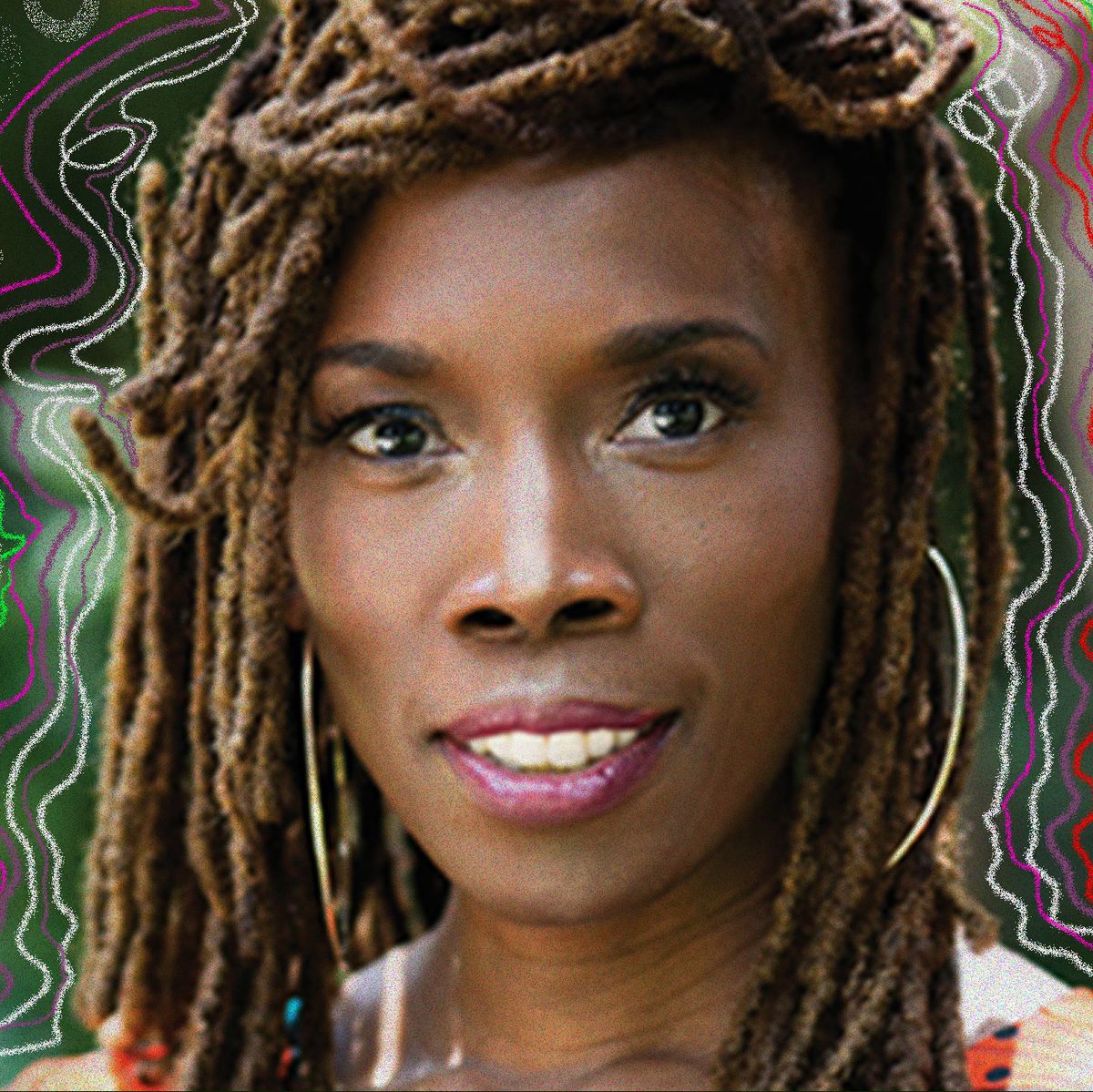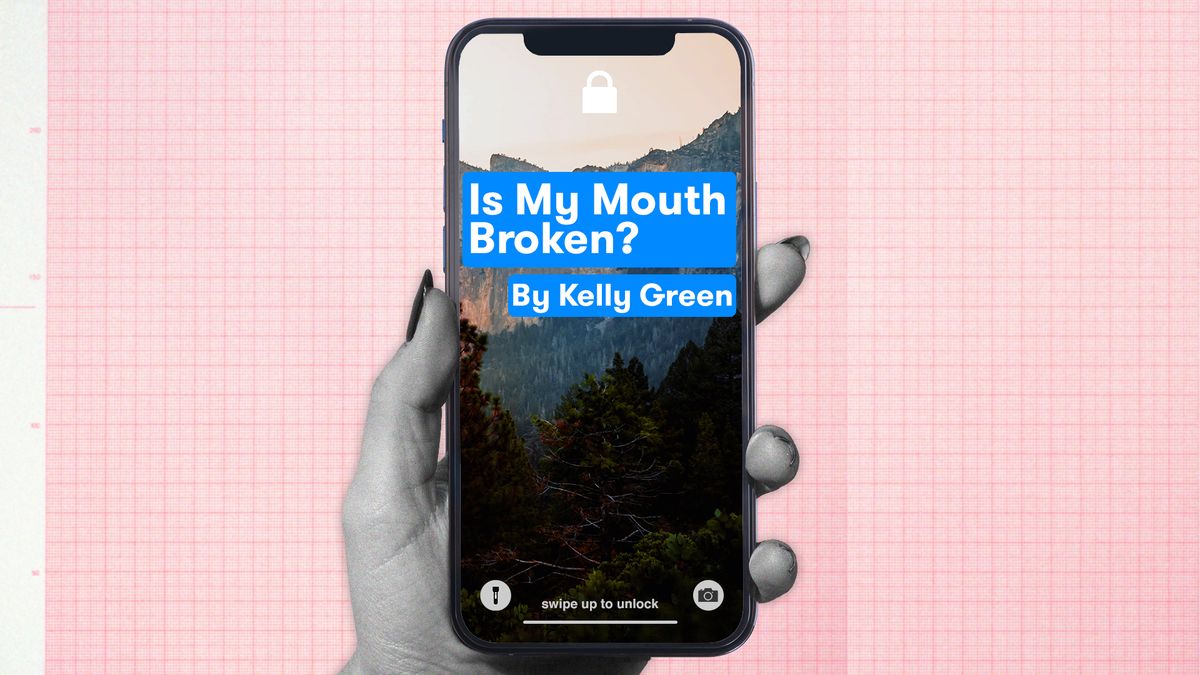Dr. Thema Bryant is not the first Black woman to serve as president of the American Psychological Association, but it’s fair to say she’s the body’s first Twitter superstar. To her more than 200,000 followers, Dr. Thema, as she’s known, is like a big sister, a mentor, a counselor, and a minister all in one, dispensing advice both practical (“Being gracious is one thing. Giving too many chances is another”) and spiritual (“Settle your spirit. Reclaim your peace”) in a way that’s almost like free therapy. But her online presence is just one of the many hats she wears: She’s a tenured professor at the Graduate School of Education and Psychology at Pepperdine University, a podcaster, and an ordained minister who directs a mental health ministry at First African Methodist Episcopal Church in South Los Angeles. She’s an author too, and her book deals with a topic that is both a buzzword and an area she’s prioritizing as part of her term as APA president: trauma.
“There’s a difference between stress and traumatic stress,” says Bryant, author of Homecoming: Overcome Fear and Trauma to Reclaim Your Whole, Authentic Self. Part of her work in assisting people cope with trauma is helping them understand what it really is. “All of us have day-to-day stress or strain, you have a lot of responsibilities, or people can annoy you or irritate you. But when we talk about trauma, it is those experiences that overwhelm my usual capacity to cope, that actually disrupt my nervous system. So, if I’m, like, upset with you today and feel better tomorrow, that wasn’t trauma.”
Dr. Thema is well versed in trauma not only because of her perch as a psychologist, but also because she’s endured some herself. A survivor of sexual assault, Dr. Thema also had a formative traumatic experience as a teenager when she and her family fled Liberia, where her father was on a mission as part of the AME Church, just as civil war broke out. Both experiences shaped her worldview and influenced her decision to become a healer — especially one focused on trauma. It’s perhaps bittersweet that the subject and field of study she’s devoted countless hours to is now part of the pop psychology lexicon, used freely on social media by people who may not necessarily have the bona fides to accurately define it or help manage it either.
At the same time, we’re living in a time and place where trauma — from structural racism and sexism to ever-increasing environmental catastrophes, gun violence, and on and on — is pervasive, leaving many of us carrying the heavy load of mental health issues we may not even recognize as related. As someone with a large following herself, Dr. Thema is actually glad more people are talking about mental health issues online, trauma included, although she does caution people to apply critical thinking to whatever they read.
“The benefit is destigmatizing therapy and mental illness,” she says. “Before, [therapy] was like a secret; nobody wanted anybody to know. Now everyone’s like, ‘My therapist said …’ I think that openness is helpful. It has allowed people to find community. The caution is that it’s easy to spread misinformation. Anybody can type something; that doesn’t mean it’s accurate. So, I would just say check your source.”
Dr. Thema is the fourth Black woman to head the organization, which counts more than 146,000 researchers, educators, clinicians, consultants, and students as members, and she believes her background and racial identity play a significant role in her work — and the work of psychologists seeing patients every day. “My lived experience informs the way that I work,” she says. Case in point: She describes her approach as African-centered, meaning her philosophy is relational and community-oriented rather than individualist. “It’s not just ‘Did we get the job done,’ but how we treat people matters. It’s not just trying to get through the agenda but trying to cultivate a sense of unity.”
Her guiding philosophy extends to her agenda for her year-long term. Under her leadership, the APA’s historically private annual summit will go public, on the campus of Howard University. “What I share in one-on-one therapy is very helpful, but we need to educate whole communities,” she says. The focus this year will be on culturally informed ways of dealing with trauma — an approach that takes into account the totality of the person seeking treatment rather than a one-size-fits-all approach. Therapists are humans too, after all, and Dr. Thema wants mental health practitioners to be more mindful of their biases and blind spots that could inhibit ideal solutions for people in need. She calls it decolonizing and liberation psychology.
“That is basically the importance of psychologists being more contextual, paying attention to oppression and also cultural resources, as opposed to these cookie-cutter approaches that can be ahistorical,” she explains. “If I have a Puerto Rican woman, a Black woman, and a Jewish woman dealing with depression, for me to not recognize that there are different factors that affect the way that shows up for them or how their communities or families respond to them is problematic.”
Hers is a thoroughly modern approach, leveraging personal experience, social media, and greater awareness around terms like self-care and, yes, trauma, to foster change and bring psychology to the masses. It’s an approach that she has honed over time by consciously using her whole self, and not just academia. “I was raised for leadership. I didn’t learn just leadership in graduate school,” she says, sharing how, for example, growing up in the Black church meant being able to get up in front of the congregation and recite a speech — a practice that developed her communication abilities. “It doesn’t make sense to get a seat at the table and then erase myself,” she says. “Then what was the point, right? When we want diversity and leadership, people need to bring their full selves to the table.”
We asked Dr. Thema for her thoughts on a few of the pop psychology buzzwords of the moment. Here’s what she had to say.
Dr. Thema on self-care:
“I will say the big critique around self-care is that what we need is community care. What we need is societal change. We put a lot of responsibility on individuals. And yes, we all have to take some responsibility for our health and wholeness. But the example people will sometimes use is, you know, if you have a single mother of three who’s making less than minimum wage, it’s not enough to just tell her to take a bubble bath. [She needs] a livable wage. Self-care is important. But it doesn’t cover everything that is needed.”
Dr. Thema on “triggered”:
“The benefit of more people knowing the word 'triggered' is, if you have had a traumatic experience in your past, knowing your triggers is a part of self-awareness. Some people, instead of trigger, they’ll say an awakening or past experience that’s affecting how you’re responding in the present. It’s really helpful to know that because, let’s say, of your past, you have issues with people in authority. Let’s say you had an abusive parent. And so now, your supervisor is talking to you in a very stern way. You feel overwhelmed, but it feels bigger than the moment, right? Is it because you don’t like when people look at you like that? The benefit of knowing that is you can regulate yourself because you know it’s not really about this moment.”
Dr. Thema on “showing up,” i.e., when people say, “I need you to show up for me”:
“I think it becomes more specific for people [when you specify] what you’re really asking for. Because what’s happened in the past is people say, 'I was there,' right? I was at dinner the other night, and the couple at this other table was clearly on a date. She’s all dressed; he spent the whole time on the phone. He could say, 'I was just with you last night!' Yeah, but you didn’t show up.”
Dr. Thema on healing:
“I think a good distinction is recognizing it’s an ongoing process. People like to say, 'I’m over it. I don’t care. I’m done.' [We need] to give ourselves grace. … As time goes on, maybe you revisit it. I’ll give this example: when people have a breakup. Let’s say they did therapy, and they’re like, 'I’m good.' Well, it’s going to stretch you in a different way when you start dating again, right? But then you start to recognize you’ve been shifted. Some of that may be good; lesson learned. Some of it may be penalizing people in the present for things other people did.”
Dr. Thema on narcissism and narcissists:
“That word gets overused in social media. It’s like, if somebody’s mean, then they’re a narcissist. That is a very specific diagnosis. So, it’s important for us not to try to diagnose people. What you can know for sure is they’re mean or they’re selfish. But throwing out diagnoses is not really helpful.”
Malcolm Venable is a Senior Staff Writer at Shondaland. Follow him on Twitter @malcolmvenable.
Get Shondaland directly in your inbox: SUBSCRIBE TODAY














